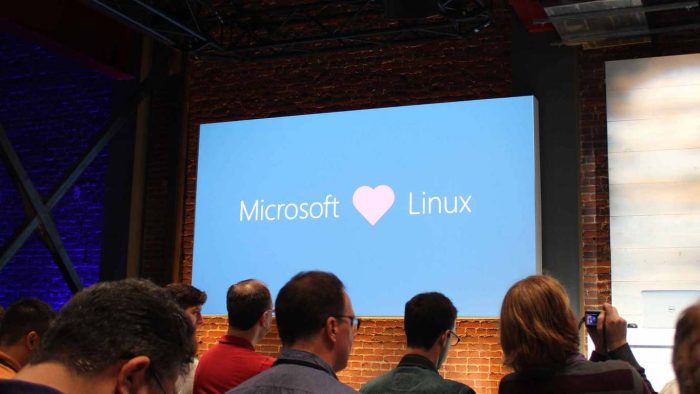Windows 10 build 14251 has Linux subsystem files, but what could it mean?
3 min. read
Published on
Read our disclosure page to find out how can you help Windows Report sustain the editorial team Read more

Microsoft took the developer (or at least the Windows ones) world by storm when it announces multiple “bridges” that allow developers of other platforms to port their apps more easily to Windows, two names from which stood out: Islandwood for iOS apps, and Astoria for Android.
While Islandwood continues to get attention and even has projects to show for it (think Candy Crush), Astoria seems to have been left on the wayside. The final nail in the coffin was when Microsoft removed the Android subsystem it has built into Windows 10 Mobile that allowed the OS to run Android apps via emulation.
Native Android apps on Windows seems a nigh impossible future, at least until now. A new discovery made in Windows 10 Redstone build 14251, which graced us with its presence not too long ago, may mean a very different course of action from Redmond.
The discovery was first made by tweeter @h0x0d, who found lxcore.sys and lxss.sys subsystems in Windows 10 build 14251. The naming convention is very similar to the Android subsystem from Project Astoria, ADSS.SYS. The “lx”, however, can only mean one thing: Linux.
https://twitter.com/h0x0d/status/692740594032996352
It is very interesting to see a Linux subsystem being included in Windows 10, seeing how Android is just a fork of Linux made by Google. Sure enough, multiple speculations have been made regarding this mysterious appearance, from it being a part of new container support for Windows, to giving incentives to developers whose tools are solely available on Linux, to the hopeful universalization of Android apps, similar to how UWA currently works.
A discussion deeper in the tweet stream, however, has given the most likely explanation. Windows expert Alex Ionescu has revealed that a Unix-based subsystem has always been a part of Windows NT since the beginning. Windows 10 build 14251 is the first public “OneCore” release of Windows, and the subsystem’s appearance is simply one of the effect of Windows on Mobile, Xbox and Server convergence.
@h0x0d 14251 is the first public "OneCore"-built release. Hence Mobile+Xbox+Server all from one repository.
— Alex Ionescu (@aionescu) January 29, 2016
Nevertheless, he does not deny the possibility of native Linux app compatibility for Windows, which will make porting Android app for Windows much easier, thus a different approach to Project Astoria. What it means for the OS’s future, seeing how talks about Windows’ demise on mobile is again surfacing en masse following a mellow sales report from Microsoft, is not yet clear. We will be keeping an eye on this development, and update you once more information comes.








